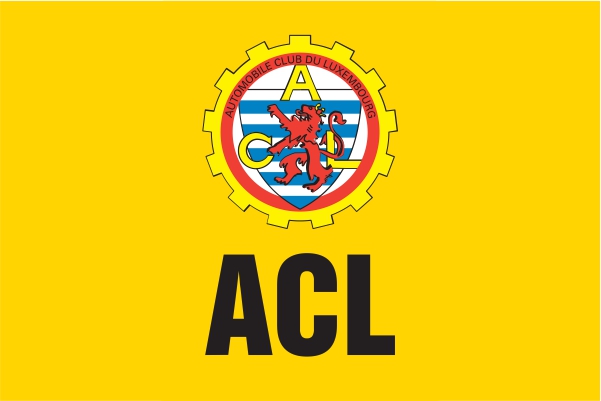
On Thursday 10 March 2022, in the context of spectacular rise in energy prices in recent months, the Automobile Club of Luxembourg (ACL) reiterated its call on the Luxembourg government to take measures to preserve the purchasing power of the population and the business competitiveness.
In October 2012, at the height of the financial crisis, the Minister of Finance at the time announced drastic measures to reduce public spending. Among them, the maximum flat-rate travel expense allowance had been reduced by €396/year (from €2,970 to €2,574). A measure which had enabled the State to reduce its expenditure by €35 million per year.
For almost ten years, this package has not changed. In theory, albeit cumulatively, more than €300 million have been saved. In order to mitigate the soaring prices at the gas stations, the ACL asks the Luxembourg government to consider an increase in flat-rate travel expenses for those who live furthest from their place of work. Employees and motorists in rural and suburban areas less well served by public transport are still the most dependent on their car.
The maximum reduction is currently €2,574/year, or €214.50/month. Given the current situation, the ACL considers that it would be appropriate to restore the fixed travel costs to €2,970/year (i.e. €247.50/month) as was the case until 2012.
Whereas, mechanically, the State will collect more fuel revenue, the ACL asks that this additional income be redistributed to the people most dependent on their personal vehicle, to disadvantaged households often more exposed to energy inflation as well as to the most vulnerable companies, especially artisans and small and medium-sized enterprises.
ACL argued that competitiveness of Luxembourg's economic fabric depends on these measures and while it seems more urgent than ever to break Luxembourg's dependence on fossil fuels, the ACL warned the Luxembourg government not to rely solely on all-electric power. The transition to planet-friendly mobility necessarily involves a medium- and long-term strategy. The decarbonisation of our society cannot be only electric and we must create a legal framework for alternative energies.








